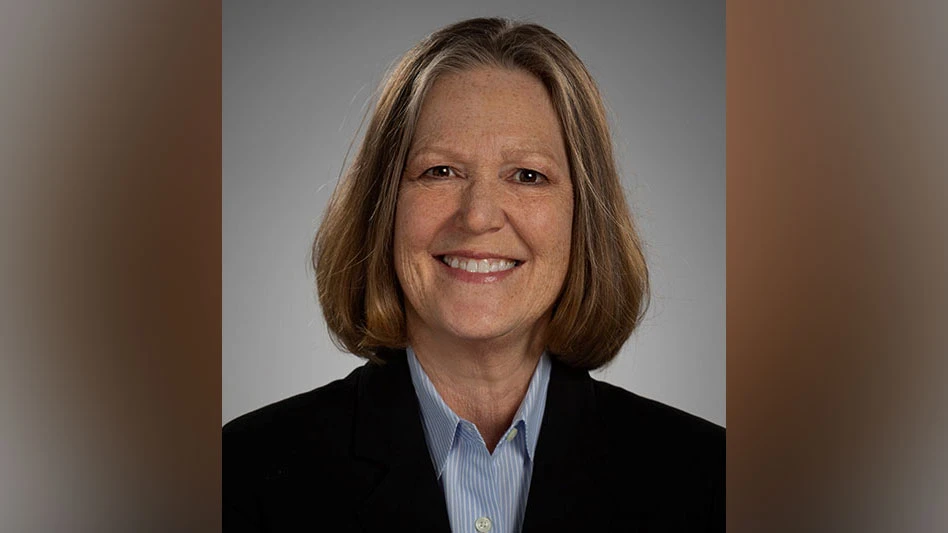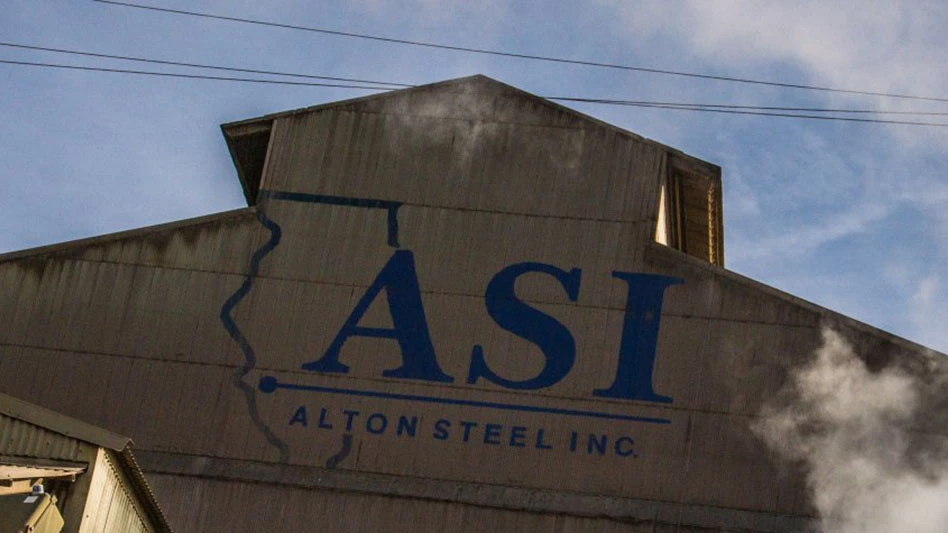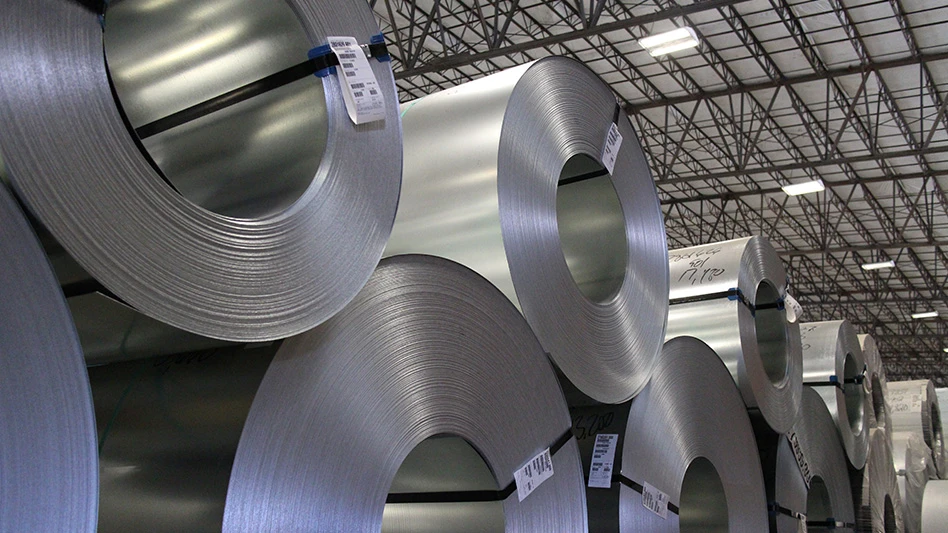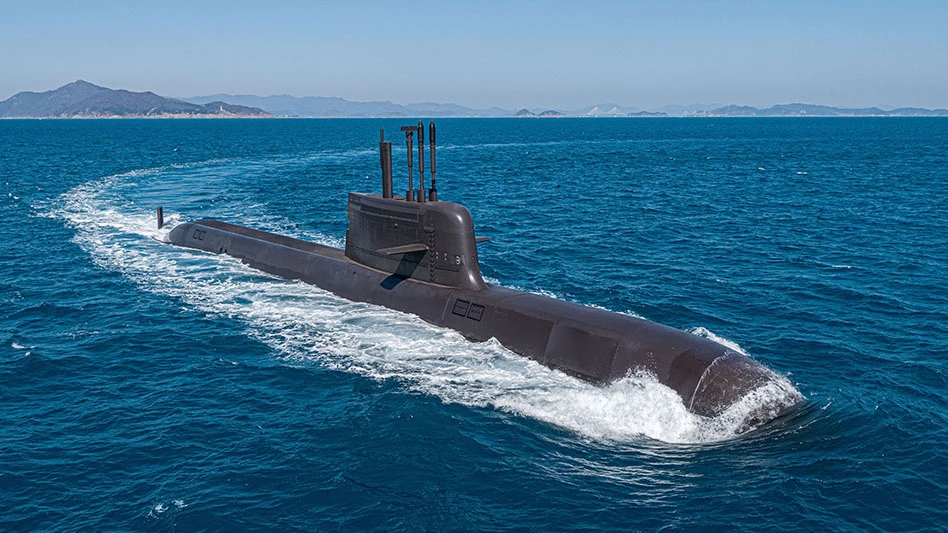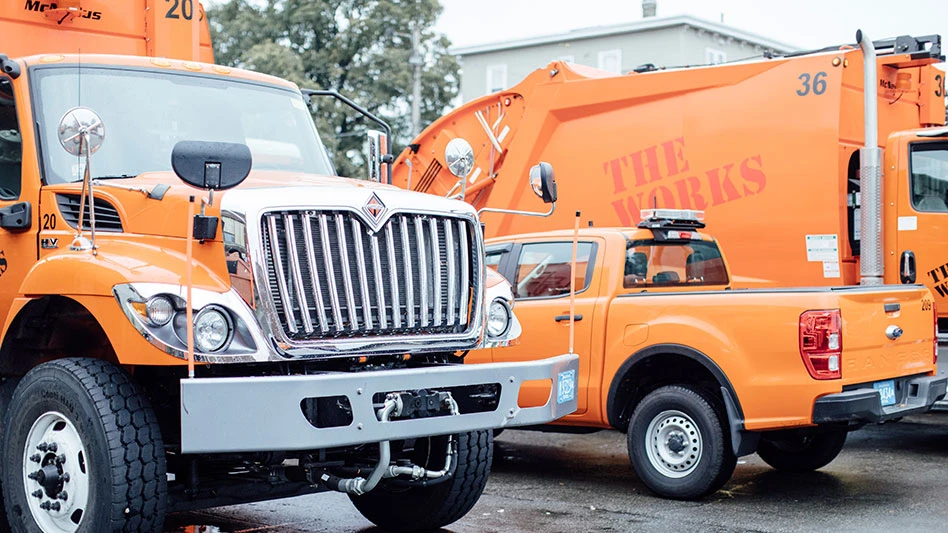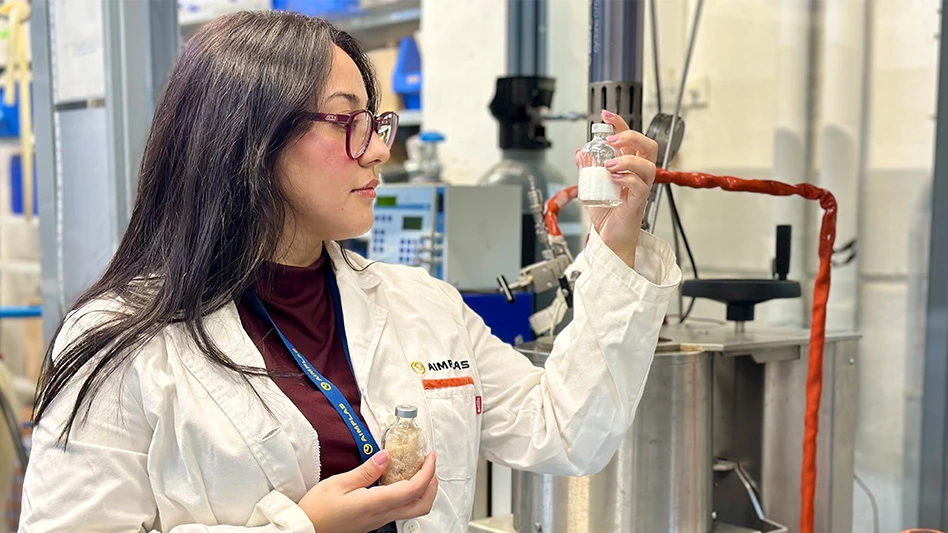A split Santa Clarita City Council voted to end the nation's first diaper recycling program because it did not recycle enough of the nasty nappies to justify its cost.
Mayor Cameron Smyth and councilmen Bob Kellar and Frank Ferry voted to terminate the program, saying they did not want to charge residents an extra fee for what was touted as the first diaper- recycling program in the nation.
"I wanted to see this program succeed, but there comes a point where I have to ask myself whether I would be willing to tax myself to pay for it," Ferry said. "I don't want to pay it, and I can't ask my neighbors to pay it either."
However, Councilwomen Marsha McLean and Laurene Weste argued that the program should be expanded citywide, which would have cost residents 30 cents to 80 cents a month for the pickup and recycling service.
"That's less than the cost of a pizza a year," McLean said. "This is something we need to do. Landfills should not be in anyone's community. We must reduce our dependence on dumps."
Although the 10-month pilot program was popular with participants, Smyth, Kellar and Ferry determined that the program did not give Santa Clarita enough bang for its buck.
Roughly 43 tons of dirty disposable diapers have been hauled away from about 200 homes in four Santa Clarita neighborhoods since the pilot program started in November.
However, just 3.6 tons of dirty diapers were turned into pulp and plastic material and sent to area recycling firms, city officials said. Nearly 7 tons of material produced by the processor was not fit for sale, according to the city's environmental services staff.
Knowaste, the local company that developed the technology to recycle disposable diapers, acknowledged that the one-of-a-kind processor was plagued by problems during the first three months of the pilot program.
But the company disputed many of the city staff's conclusions, including the estimate that just 634 tons of disposable diapers would be collected each year if the program covered the entire city.
Knowaste officials said they expected to collect 1,985 tons per year from homes and 2,000 tons more could be collected from businesses, schools and other cities. That would reduce costs and ensure that the machine runs effectively.
Under the best-case scenario, diaper recycling would boost the city's diversion by just 0.22 percent, according to the city's estimates, or 0.65 percent, according to Knowaste's figures.
City funds would be better spent on programs that yield a higher diversion for lower costs such as efforts to recycle construction and demolition waste, said Field Services Director Chris Daste.
In 2000, the city recycled 42 percent of its trash. Initial data compiled by state officials show that Santa Clarita diverted just 39 percent away from landfills in 2001.
Santa Clarita must implement new programs in order to meet or exceed the 50 percent state-mandated recycling level by December 2005 to avoid state fines and other penalties, Daste said.
Because diaper recycling would do little to improve the city's diversion rate and would raise residents' trash bills, Smyth, Kellar and Ferry agreed the program should be terminated.
"This is a heart vs. head issue for me," Smyth said. "It's good environmental policy, but it hasn't worked. It didn't meet the criteria." Smyth also expressed concern that if the City Council deemed the pilot program successful, Knowaste would renew its effort to impose a quarter-cent tax on disposable diapers to pay for recycling efforts modeled on Santa Clarita's program.
"I don't want to be the mayor of the city that caused a huge tax increase placed on California residents," Smyth said.
Knowaste now has one year to sell the diaper processor, or give Santa Clarita a $100,000 rebate.
The last pickup of diapers from participants in the pilot program is scheduled for Tuesday, according to city officials. (Los Angeles) Daily News
Latest from Recycling Today
- Aurubis raises full-year forecast
- Levitated Metals adds LIBS sorting technology
- Redwood Materials closes on $425M in Series E financing
- Updated: Wieland Chase expands northwest Ohio facility
- Recovered paper traders report lukewarm market
- SHFE trading expansion focuses on nickel
- Maverick Environmental Equipment opens Detroit area location
- International Paper completes sale of global cellulose fibers business
